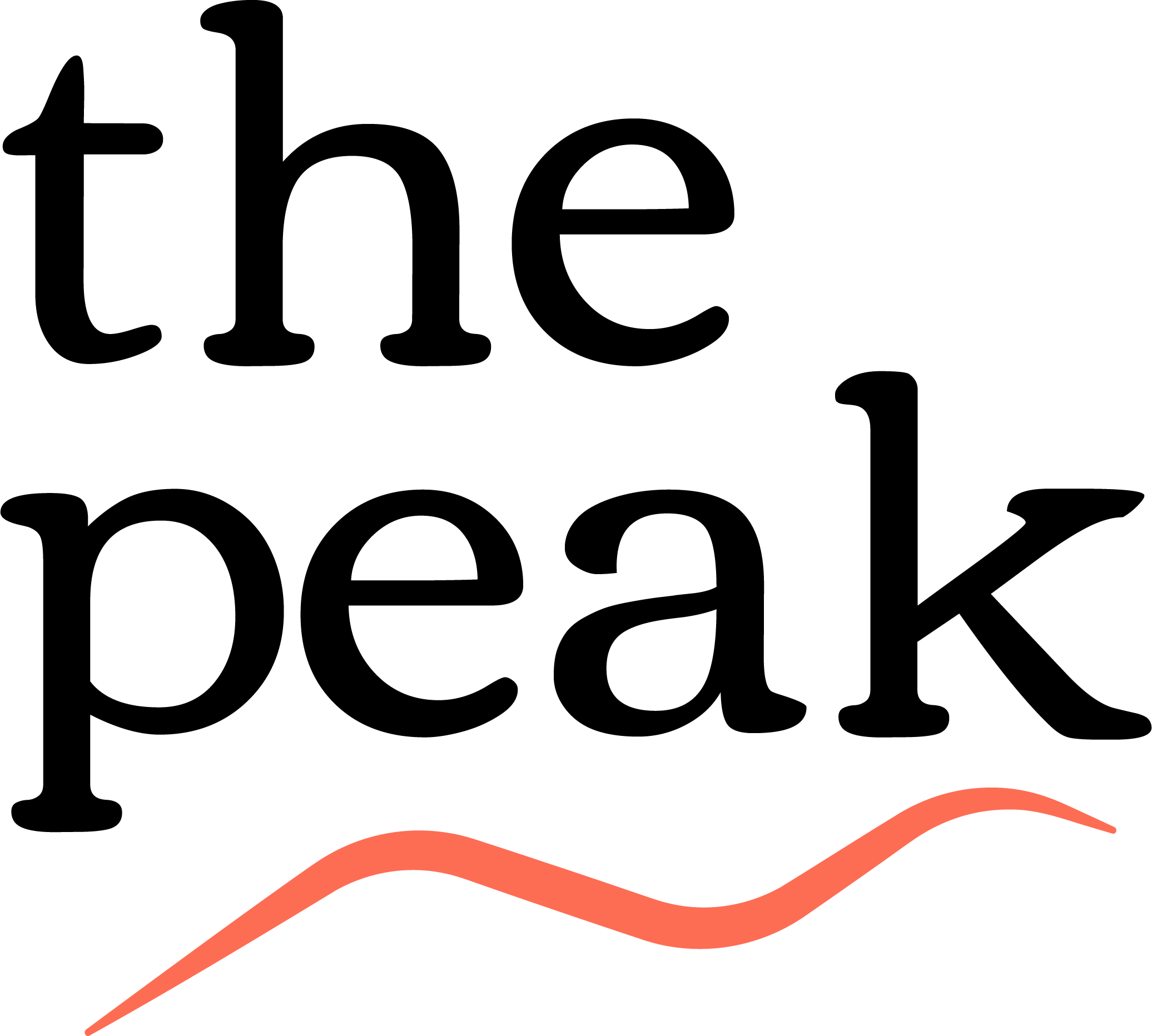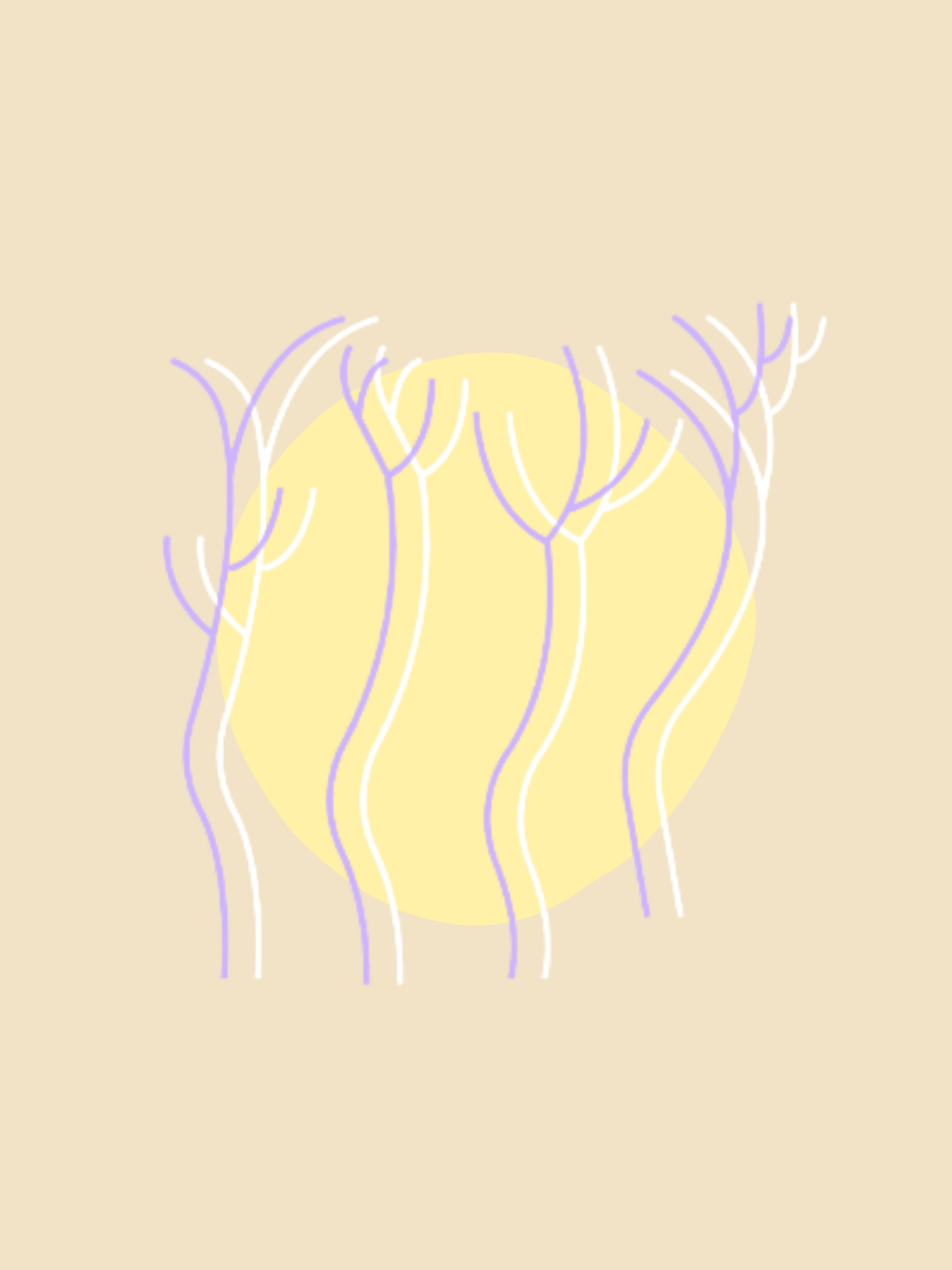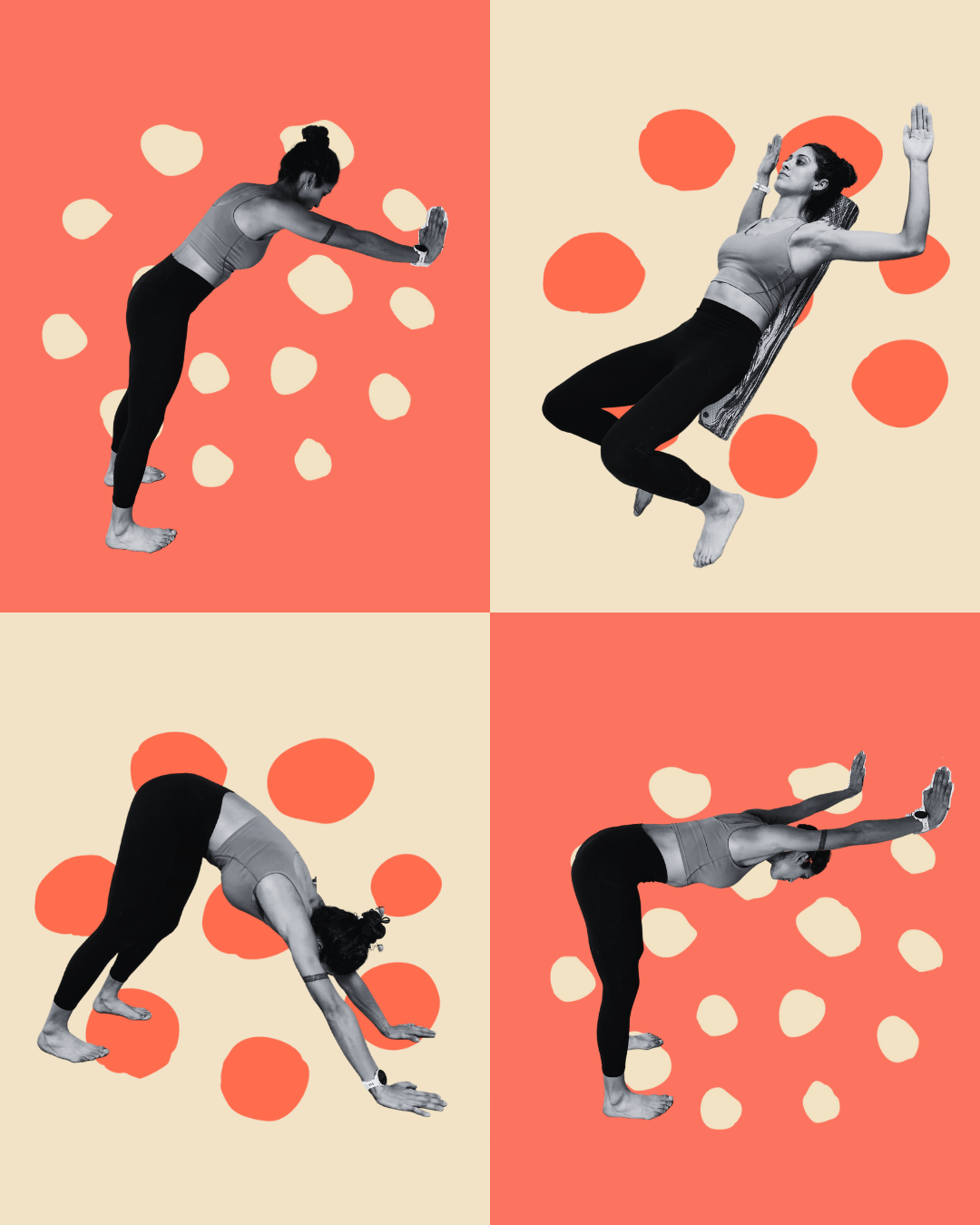Post-mastectomy pain is something that your healthcare team may or may not prepare you for before surgery.
In general, poorly controlled acute post-operative pain can be associated with many negative consequences including impaired function, prolonged recovery time, prolonged opioid use, suboptimal quality of life, increased morbidity, and medical costs. (1) Uncontrolled pain can also impact your mood and sleep, both of which are vital when it comes to your recovery.
As a palliative care doctor, I am known for my expertise in pain and symptom management, especially for seriously ill patients. Pain is often multifactorial – it can be physical, psychological, and spiritual. Adequate pain management, especially after surgery, is important to achieve the best possible quality of life, not only for you but for your loved ones as well – whom will feel helpless if they see you in pain.
Although I have treated many patients with post-operative pain, I truly only understood it for the first time after my own preventative surgeries. I am a BRCA1 previvor and had a bilateral mastectomy with aesthetic flat closure and total hysterectomy on September 2, 2020.
Below, I am sharing with you my top do’s and don’ts for pain management post-mastectomy. I used a multimodal approach including my prescribed medications along with non-pharmacological integrative and lifestyle modalities.
It's important to remember that this is not a substitute for what your doctor recommends to you – this is what worked for me.
My own post-surgical experience reaffirmed my clinical practice of “not everything works for everyone."
So, if a certain medication does not work for a patient, I quickly de-prescribe it since every medication has the potential to cause side effects.
Before we dive in, here's a bit about what my own pain management and recovery was like. The majority of my pain was related to my drains post-mastectomy, which were taken out on post op day 9. My pain was dull and achy. I used a combination of Tylenol and low dose opioids around the clock for the first week.
Once I had my drains removed, I no longer needed pain medications. After drain removal, my pain significantly improved but I was left with hypersensitivity and burning across my chest, which improved with time. I did not have any abdominal pain related to the hysterectomy except some discomfort associated with the incision sites. Some women do experience crampy and gassy pains after the surgery.
Tips for Managing Pain Post-Mastectomy
First things first, remember everyone’s body, pain threshold, and surgical experience is different. Please do not compare your experience to someone else’s. Recognize your pain and advocate for yourself if things do not feel right. LISTEN to your body.
- Always tell your doctor if you are in pain. Controlling your pain will allow you to breathe better, move better, eat better, sleep better and overall improve faster.
- Ask your doctor if you are a candidate for a nerve block during your mastectomy. This can lessen the amount of pain medications you need post operatively.
- Commonly prescribed medications after surgery: Tylenol, NSAIDs (i.e. Advil), Opioids (i.e. oxycodone). Some women are given neuropathic agents (i.e. Gabapentin) as well.
- Special note on opioids and constipation: If you are taking opioids regularly after surgery consider taking a laxative to prevent opioid induced constipation. It is the only side effect of opioids that you do not develop tolerance to. Check with your doctor but the two are commonly prescribed together.
- Stay hydrated (this will also help with moving your bowels).
- Keep a journal of your medication schedule. Note down which medications help at what dose and how long each dose lasts before pain returns. Think of what a tolerable pain level is for you (usually where you can talk or rest comfortably).
- Mobilize sooner rather than later. Most doctors advocate walking as soon as it is safe after surgery. Check with your doctor on activity orders.
- Gentle arm stretches. You can do more once the drains are removed. Again, check with your doctor on what is allowed.
- Use a heating pad and ice for muscle aches and stiffness as needed (avoid on surgical sites unless approved by your doctor).
- Hug a firm pillow, especially when laughing, coughing, or sneezing.
- Rest, rest, and more rest.
- Eat an anti-inflammatory diet made up of fresh whole foods such as fruits, vegetables, legumes, whole grains, nuts and seeds as much as possible. Avoid pro-inflammatory foods such as refined, highly processed foods, sugar, sweetened beverages, and alcohol. Healthy lifestyle choices post-surgery are key to reducing inflammation to help you heal quicker and prevent risk of infections.
- Find ways to distract yourself. Remember, where focus goes energy flows. Here are some ways to activate your parasympathetic (relaxation) system — stay connected with loved ones, listen to soothing music, drink your favorite teas, aromatherapy, meditation techniques such as progressive muscle relaxation, hypnosis, or emotional freedom technique (EFT), watch or listen to comedy, get some sunshine and fresh air (if you can).
- Other complementary modalities (once approved by your doctor) to consider: physical therapy, acupuncture, chiropractic care and massage.
- If you continue to have pain several weeks or months post-mastectomy, see your doctor. Approximately 20 to 30 percent of women can develop post-mastectomy pain syndrome.
A Few Things to Avoid
- Do not be a hero! Ask for help or accept it if it is offered, even if it is for the most basic everyday tasks. You will get stronger faster if your body is able to rest and recover.
- Stay ahead of the pain. Do not wait for the pain to be severe to take medications. It can take oral pain medications up to 20 to 30 minutes to take effect.
- Caution with taking NSAIDs (i.e. ibuprofen) on an empty stomach as they can cause GI tract to become upset. Also avoid if you had any bleeding complications (like I did!). If you are unsure, check with your doctor first.
- Avoid alcohol and other substances during the post-operative recovery period.
- Stop medications if you have any side effects and call your doctor.
- Avoid heavy lifting/pulling/pushing or driving in the days right after surgery. Again, check with your doctor on activity restrictions.
Lastly, you do not have to be in pain, nor should you try to “tough it out." Your recovery will be faster and smoother if you are not in pain. Listen to your body and advocate for yourself!
Sources
- Tong J Gan. Poorly Controlled Postoperative Pain: Prevalence, Consequences, and Prevention. Journal of Pain Research. September 25, 2017.







